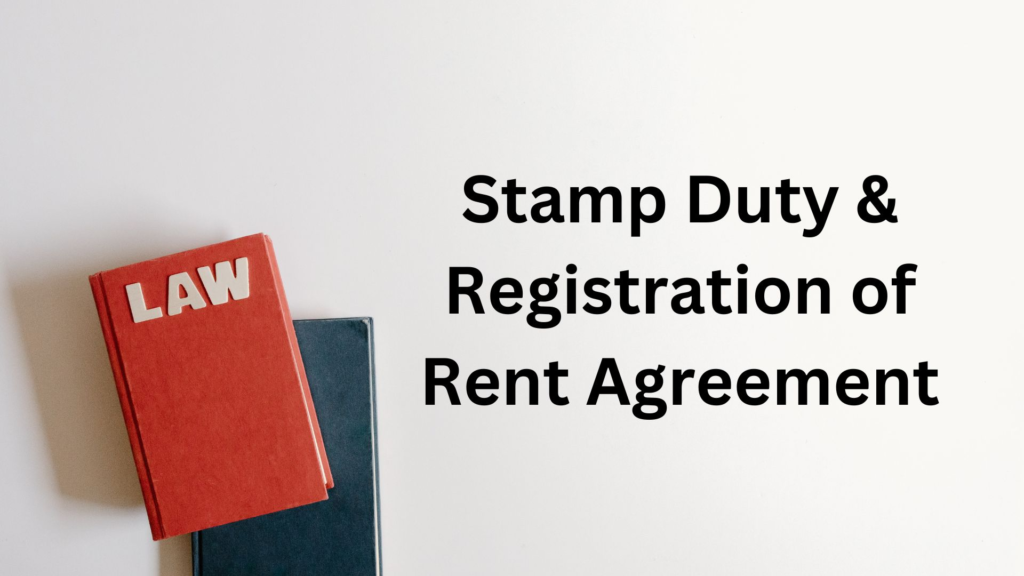Memorandum of Family Settlement (MOFS) or Partition Deed ?
Memorandum of family settlement and Partition Deed are often confused to mean the same thing but they both are different.
When a co-owner of the property desires to separate and seeks his share in the property, in such a case the property is partitioned.
When the co-owners mutually agree to partition the property(ies), it can be carried out “Orally” or in “Writing“.
The written instrument effectuating the partition is called “Partition Deed”.
A Partition Deed is an instrument of partition and has been defined in Section 2(15) of the Stamp Act. The same is chargeable to duty as per Schedule 1, Article 45 of the Stamp Act. Stamp duty payable on an instrument of partition is @ 2% of the value of the property (In Delhi). As per law, Partition Deed is also compulsorily registered under the provisions of the Registration Act, 1908.
Section 2(15) of the Stamp Act, which reads as under:
“Instrument of Partition” means any instrument whereby co-owners of any property divide or agree to divide such property in severalty, and includes also a final order for affecting a partition passed by any revenue-authority or any Civil Court and an award by an arbitrator directing a partition.
Courts have recognized oral partitions in cases of joint families. An oral partition is not an instrument of partition as contemplated under Section 2(15) of the Stamp Act. Therefore, as it is not an instrument, on an oral partition no stamp duty is payable.
The Courts have also recognized that it is legally permissible to arrive at an oral family settlement dividing/partitioning the properties and thereafter record a memorandum in writing whereby the existing joint owners for the sake of posterity record that the property has been already partitioned or divided.
It is important to highlight that In case an oral partition is subsequently recorded in writing i.e Memorandum of Family Settlement (MOFS) then the same is not compulsorily required to be Registered and Stamped.
A memorandum recording an oral family settlement that has already taken place is not an instrument dividing or agreeing to divide property and is therefore not required to be stamped.
- The memorandum does not by itself partition the properties but only records for information what has already been done by oral partition.
- The memorandum itself does not create or extinguish any rights.
- A record of oral partition in writing is created.
- The writing records a pre existing right and does not by itself partition the properties for the first time.
- As the memorandum only records oral partition which has already taken place but does not in praesenti create any right, it cannot be treated as an instrument creating partition.
Recently, Hon’ble High Court of Delhi in Himani Walia vs Hemant Walia & Ors. held as under:
That family settlements are not required to be compulsorily registered, and stamp duty is not required to be compulsorily paid in respect of the same, when the settlement has been arrived at initially as an oral partition and is thereafter put into writing for the purpose of information.
Compiled by: Rahul Vaed [B.Com (Hons), LLB (DU) ] specializes in Real Estate transactions and legal advisory. For consultation you may contact him at +91 9971212323
Disclaimer: The information provided above aims to provide helpful information on the subject discussed. The information is meant to serve as a general guide and not meant to be used, as the ultimate source of information and should not be construed as legal advice on any subject matter.
We disclaim all liability for actions you take or fail to take based on any content on this site. The author or the firm is not responsible to any person or entity with respect to any loss, incidental or consequential damage caused or alleged to have been caused, directly or indirectly, by the information or any omission thereof.
(C) All Rights Reserved


